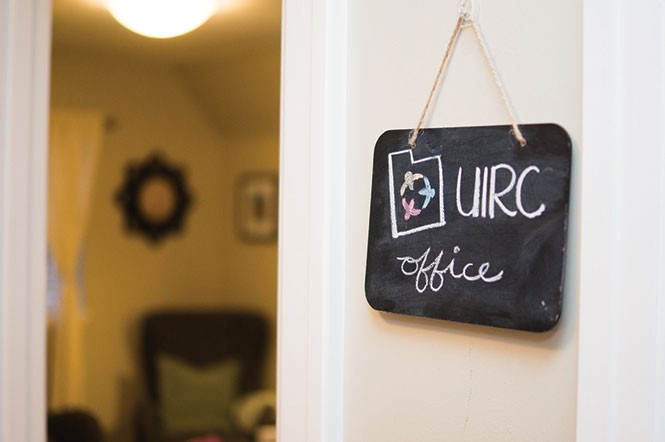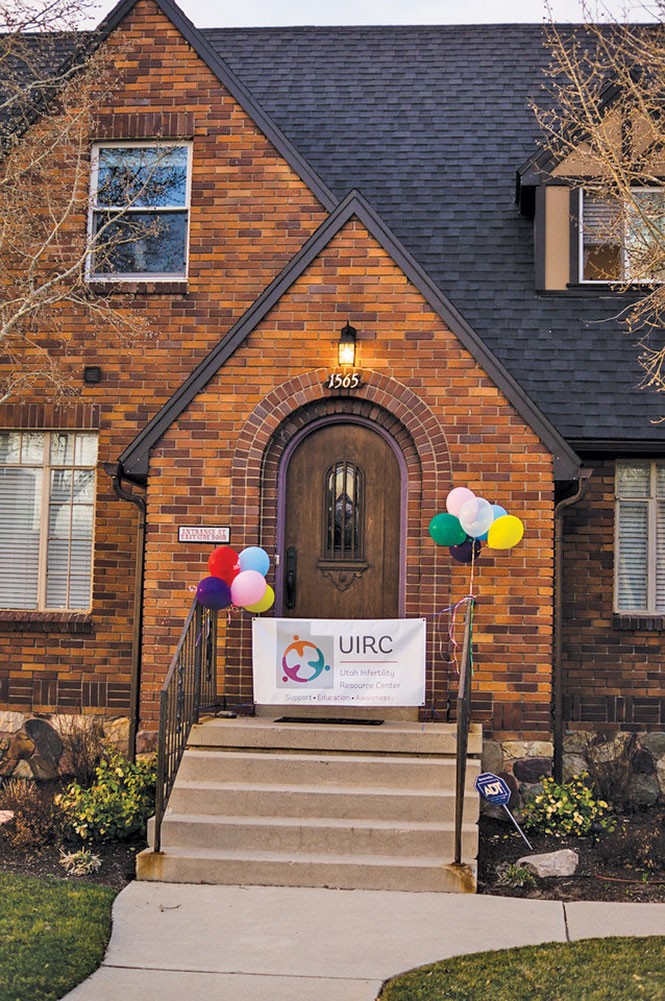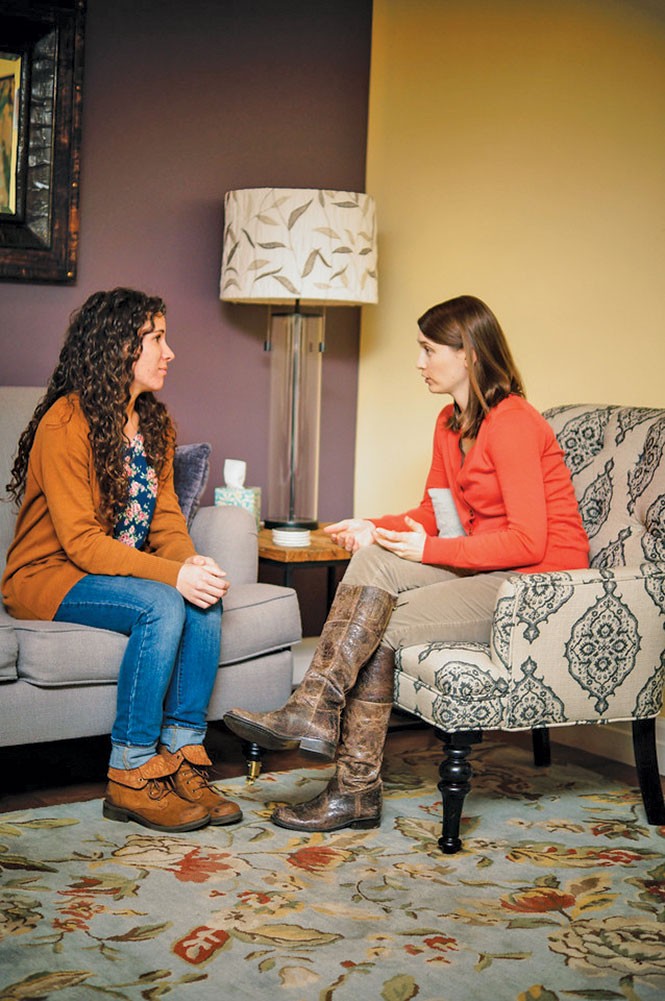
Infertility affects 1 in 8 couples, so even if you aren't dealing with it personally, chances are it's affecting someone you know. For those who don't know where to turn, the Utah Infertility Resource Center (UIRC) is here to help. A nonprofit organization, the UIRC is designed to help those struggling with building their family and connecting them to the resources they need.
Camille Hawkins, a licensed clinical social worker and UIRC founder, got the idea for the organization after starting a support group out of her home and an online support group on Facebook. Hawkins recognized the social, mental and emotional impact that infertility has on those who are affected, and wanted to do everything she could to alleviate that burden. One evening in September 2015, she asked a number of her group members what they thought about an organization that would provide education, resources and emotional support for those facing infertility. The group incorporated the next day and soon received 501(c)(3) status from the IRS.
"There's nothing more rewarding than knowing you have truly helped a family when they are lost, broken down and wanting more than anything to be parents," Hawkins says. "We are really helping individuals and couples get the emotional support and education they need to move forward on their family-building journeys."
UIRC has six part-time staffers helping those who deal with infertility in Utah. "I've never been in a work environment like it," says Brooke Walrath, director of education for UIRC. "It's unbelievable what we've been able to do together."
Walrath says that when she first started dealing with infertility in 2012, she didn't know where to go. Within a few years, she'd found support groups on Facebook and started learning about treatments, doctors, clinics and resources, but it took a lot of time and effort to find what she needed. "At our first meeting, we went around the table and said why we wanted to start UIRC," Walrath explains. "And we all said something about wanting to help others with infertility feel like they weren't alone."

The UIRC offers support groups, counseling services with a sliding fee scale based on ability to pay, and educational resources. The group also just wrapped up its first annual Infertility Conference with classes and talks from infertility specialists. The event was cosponsored by local infertility clinics, which also provide general funding to the organization, as well as adoption organizations.
Even if a person doesn't face infertility personally, Walrath believes it's still important to be aware of the issues. "It's insanely common," she says. "It's isolating, frightening and disconcerting to watch your dreams of parenthood move further into your future, or disappear completely."
Walrath says to remember that when you're tempted to ask about a couple's plans for children. And if they do open up to you about a struggle with infertility, don't jump straight to offering solutions. "Adoption isn't an easy route, and treatment is expensive," Walrath says. "Just listen, be kind, and let them direct the conversation."
